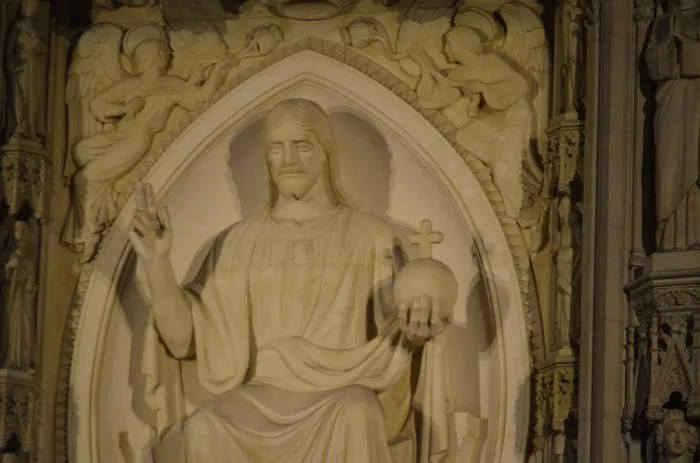In a groundbreaking discovery, British archaeologists have unearthed an ancient Christian church in Samahij, Bahrain, believed to date back over 1,300 years. This finding represents one of the earliest known Christian establishments in the Arabian Gulf, dating to the 4th century AD.
The excavation at the site has revealed that the structure belonged to the Nestorian Church, a sect of Christianity prominent in Asia during that era. This discovery marks the initial evidence of Nestorian presence in modern-day Bahrain, suggesting its function as a residence for a local bishop prior to the region’s widespread conversion to Islam approximately three centuries later.
The architectural layout of the site includes various functional areas such as a kitchen, dining area, and living quarters, underscoring its significance as a religious center. Among the notable artifacts uncovered are three plaster crucifixes and Christian inscriptions, shedding light on its sacred role in the community. Furthermore, discoveries like copper coins from the Sasanian Empire and pottery fragments indicate active trade connections with India during this period.
Insights into the cultural practices of the time have also emerged from the excavation. Researchers found evidence suggesting that the inhabitants consumed wine and pork, practices that were later prohibited following the dominance of Islam in the region. Historical records referenced in the findings highlight internal disputes within the local church hierarchy, including the notable excommunication of a bishop in 410 AD.
Despite subsequent developments, such as the construction of a mosque on the same site, the ancient structure has remarkably endured. Efforts are now underway to preserve this significant archaeological site by transforming it into a museum. Scheduled to open its doors to the public in 2025, the museum aims to safeguard and showcase this invaluable piece of Bahrain’s early Christian history.


